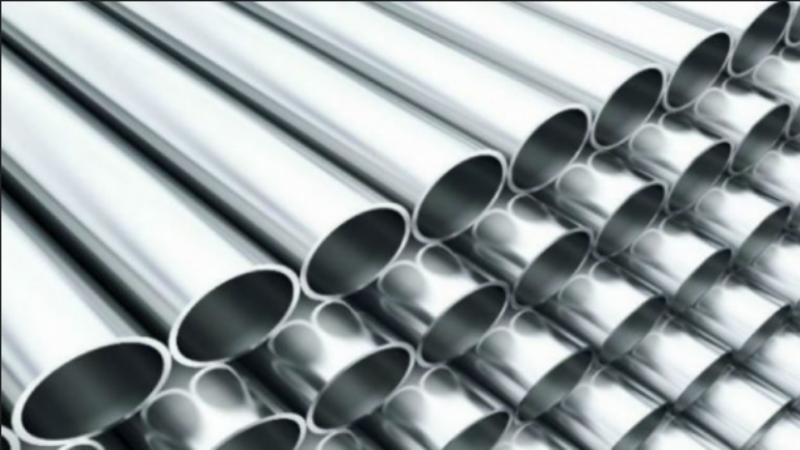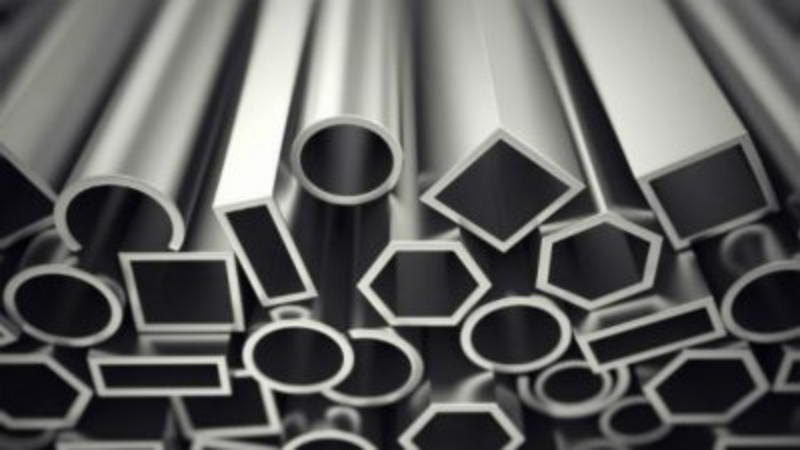Aluminum is a versatile material widely used in various industries, from construction to aerospace. Among its many forms, the aluminum rectangular bar stands out for its utility in structural and architectural applications. Its lightweight nature, combined with exceptional strength and corrosion resistance, makes it an ideal choice for demanding projects. Available in various alloys and sizes, aluminum bars offer unmatched flexibility for diverse applications.
Understanding Aluminum Rectangular Bars
Aluminum bars are solid, straight, extruded sections of aluminum that are rectangular in shape. These bars are manufactured through the extrusion process, where aluminum billets are forced through a die to create the desired profile. The resulting product is strong, lightweight, and has a uniform cross-section, making it ideal for a wide range of applications.
Benefits of Using Aluminum Rectangular Bars
- Lightweight: Aluminum is renowned for its lightweight, which makes it easier to handle and reduces the overall weight of structures.
- Strength: Despite their lightweight, aluminum bars boast considerable strength and durability.
- Corrosion Resistance: Aluminum naturally forms a protective oxide coating, making these bars resistant to corrosion.
- Malleability: Aluminum is relatively easy to cut, weld, and machine, which simplifies fabrication and installation processes.
- Recyclability: Aluminum is 100% recyclable without loss of its natural qualities, promoting sustainability in construction and manufacturing.
Specifications to Consider
When selecting aluminum bars for a project, several specifications are crucial:
- Alloy Composition: Different alloys offer varying levels of strength, corrosion resistance, and workability. Common alloys for rectangular bars include 6061, 6063, and 7075.
- Temper: The temper of aluminum indicates the process of hardening and aging, which affects its mechanical properties. For instance, T6 is one of the most common tempers for increased strength.
- Dimensions: The width and thickness of the bars are key factors that determine their performance in specific applications.
- Surface Finish: Depending on the application, you might require a mill, brushed, or anodized finish for additional protection or aesthetic purposes.
Relevance to the Audience
Architects, engineers, and fabricators find aluminum bars particularly useful due to their adaptability and performance in structural components. These bars are commonly used in frames, supports, brackets, and rails. Their lightweight nature also makes them ideal for transport and assembly, reducing labor and equipment costs.
Optimize Your Projects with Versatile Aluminum Rectangular Bars
Aluminum bars are a preferred choice in numerous industries due to their unique combination of lightness, strength, and corrosion resistance. When selecting these bars, it’s important to consider the specific requirements of your project, including the appropriate alloy, temper, and dimensions. Understanding these specifications will ensure that you choose the right aluminum rectangular bar for your needs, maximizing efficiency and effectiveness in your projects. Whether you’re designing a new building or enhancing a product, aluminum bars offer a reliable and versatile solution that meets a broad range of professional demands.

